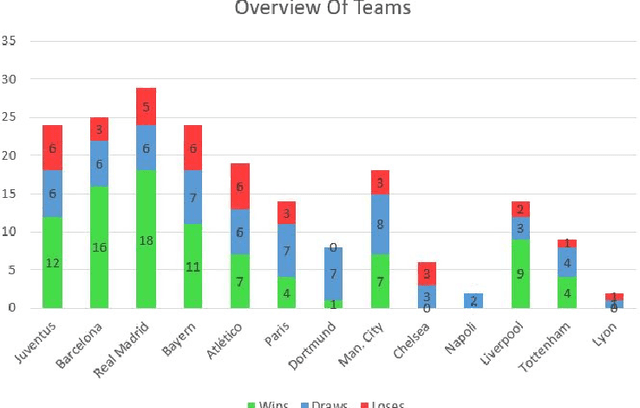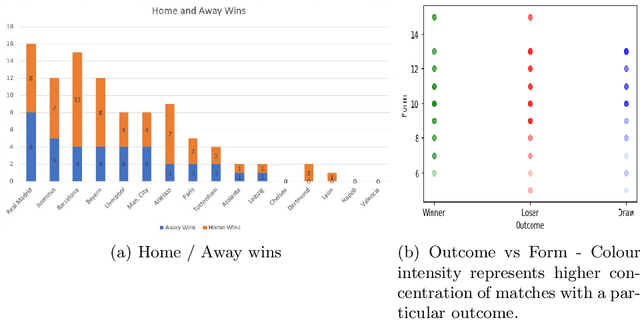Sharan Ranjit S
AdANNS: A Framework for Adaptive Semantic Search
May 30, 2023



Abstract:Web-scale search systems learn an encoder to embed a given query which is then hooked into an approximate nearest neighbor search (ANNS) pipeline to retrieve similar data points. To accurately capture tail queries and data points, learned representations typically are rigid, high-dimensional vectors that are generally used as-is in the entire ANNS pipeline and can lead to computationally expensive retrieval. In this paper, we argue that instead of rigid representations, different stages of ANNS can leverage adaptive representations of varying capacities to achieve significantly better accuracy-compute trade-offs, i.e., stages of ANNS that can get away with more approximate computation should use a lower-capacity representation of the same data point. To this end, we introduce AdANNS, a novel ANNS design framework that explicitly leverages the flexibility of Matryoshka Representations. We demonstrate state-of-the-art accuracy-compute trade-offs using novel AdANNS-based key ANNS building blocks like search data structures (AdANNS-IVF) and quantization (AdANNS-OPQ). For example on ImageNet retrieval, AdANNS-IVF is up to 1.5% more accurate than the rigid representations-based IVF at the same compute budget; and matches accuracy while being up to 90x faster in wall-clock time. For Natural Questions, 32-byte AdANNS-OPQ matches the accuracy of the 64-byte OPQ baseline constructed using rigid representations -- same accuracy at half the cost! We further show that the gains from AdANNS translate to modern-day composite ANNS indices that combine search structures and quantization. Finally, we demonstrate that AdANNS can enable inference-time adaptivity for compute-aware search on ANNS indices built non-adaptively on matryoshka representations. Code is open-sourced at https://github.com/RAIVNLab/AdANNS.
An Autoencoder Based Approach to Simulate Sports Games
Jul 16, 2020



Abstract:Sports data has become widely available in the recent past. With the improvement of machine learning techniques, there have been attempts to use sports data to analyze not only the outcome of individual games but also to improve insights and strategies. The outbreak of COVID-19 has interrupted sports leagues globally, giving rise to increasing questions and speculations about the outcome of this season's leagues. What if the season was not interrupted and concluded normally? Which teams would end up winning trophies? Which players would perform the best? Which team would end their season on a high and which teams would fail to keep up with the pressure? We aim to tackle this problem and develop a solution. In this paper, we proposeUCLData, which is a dataset containing detailed information of UEFA Champions League games played over the past six years. We also propose a novel autoencoder based machine learning pipeline that can come up with a story on how the rest of the season will pan out.
 Add to Chrome
Add to Chrome Add to Firefox
Add to Firefox Add to Edge
Add to Edge